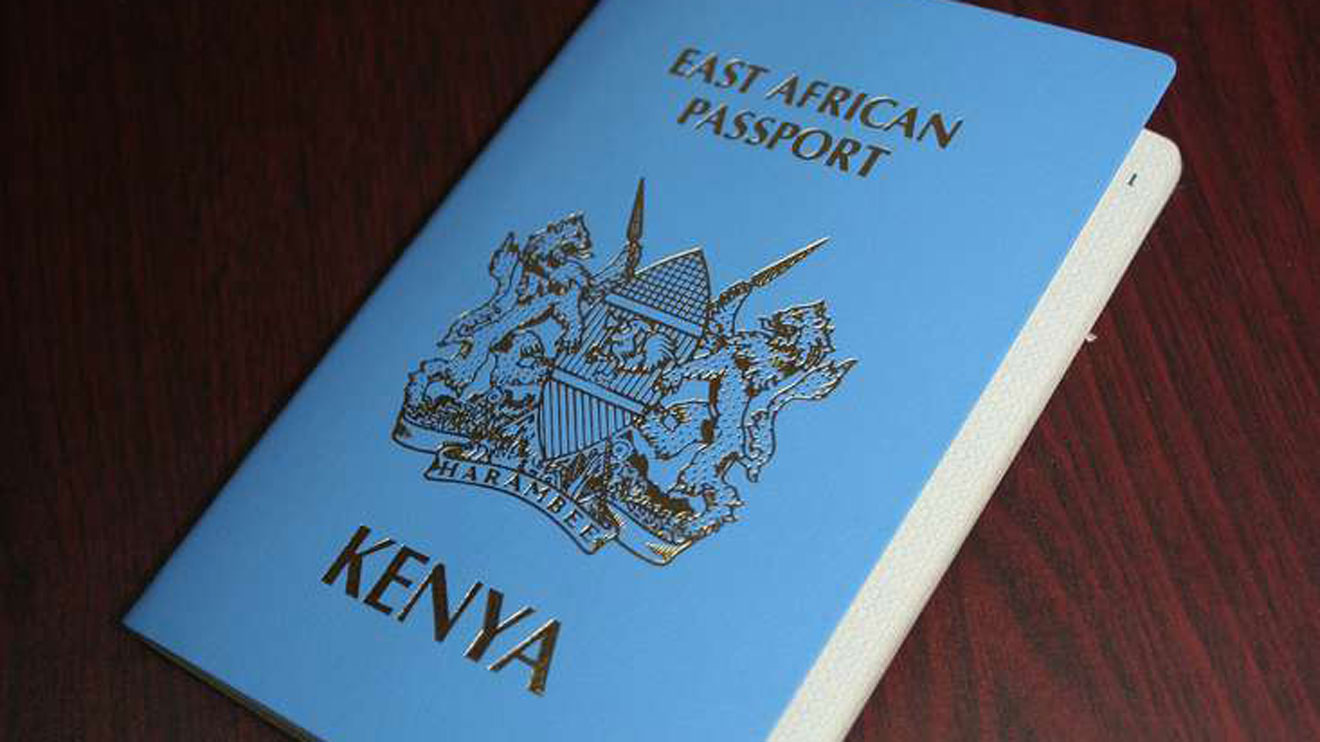advertisement
Kenya’s ePassport Holds Strong Despite COVID-19 Global Mobility Crisis
Despite global travel grinding to a near halt save for freighting of cargo, the latest results of the Henley Passport…

Despite global travel grinding to a near halt save for freighting of cargo, the latest results of the Henley Passport Index – which is based on exclusive data from the International Air Transport Association (IATA), Kenya has retained its 72nd position in the global passport ranking.
According to Henley Passport Index, travel freedom had exponentially increased since 2006 since a citizen could travel to 58 destinations on average without a visa from the host nation; 14 years later, this number has almost doubled to 107.
As the promising growth illuminated a picture of global citizenship, the recent indiscriminate havoc caused by the COVID-19 pandemic may slow the gains of the global passport strength as countries may largely prefer online engagement.
advertisement
Strong passports
The recent ranking of the new decade passport published in January this year showed that in overall, people are more globally mobile, with the top-ranking passport being Japan’s, which offers its holders access to a record-breaking 191 destinations without requiring a visa in advance.
This is, of course, something that citizens of countries with weak passports in the lower ranks of the index are all too familiar with. As public health concerns and security rightfully take precedence over all else now, even within the otherwise borderless EU, this is an opportunity to reflect on what freedom of movement and citizenship essentially mean for those of us who have perhaps taken them for granted in the past.”
Dr. Christian H. Kaelin, Chairman – Henley & Partners and the inventor in the Passport Index Concept.
Kenya’s retention of 72nd position as reflected on the latest index with visa-free/visa-on-arrival access to 72 destinations worldwide demonstrates that there is more for the country to do.

Henley & Partners Head of South, East and Central Africa, Amanda Smit says although it is reassuring to see the Kenyan passport holding firmly onto its position, the impact of the COVID-19 virus on mobility, local markets and health security could impact on the migration of skilled labour to other destinations in the post-pandemic era.
advertisement
“Despite the slowdown caused by the COVID-19 outbreak, Kenya and other African countries need to stay on course with visa waiver policies,” Ms Smit said. “Visa waivers increase tourism, business travel, bilateral economic transactions and remain essential for inter-continental economic development. The pandemic will not last indefinitely and economies will need to be rebuilt after the pandemic has subsided.”
Japan’s passport continues to hold the top spot on the Henley Passport Index as the world enters the second quarter of 2020, but the reality is that current stringent travel restrictions mean that most non-essential travel for Japanese nationals is heavily curtailed.

Dr. Christian H. Kaelin, Chairman – Henley & Partners and the inventor of the passport index concept, points out that in an unprecedented global health emergency such as this, relative passport strength becomes temporarily meaningless.
advertisement
“This is, of course, something that citizens of countries with weak passports in the lower ranks of the index are all too familiar with. As public health concerns and security rightfully take precedence over all else now, even within the otherwise borderless EU, this is an opportunity to reflect on what freedom of movement and citizenship essentially mean for those of us who have perhaps taken them for granted in the past,” said Kaelin.
Bestselling author and the Founder and Managing Partner of FutureMap, Dr. Parag Khanna, says the combined effect of the COVID-19 pandemic on public health, the global economy, and social behaviour could lead to much deeper shifts in human geography and future distribution around the world.
“This may seem ironic given today’s widespread border closures and standstill in global transportation, but as the curtain lifts, people will seek to move from poorly governed and ill-prepared ‘red zones’ to ‘green zones’ or places with better medical care. Alternatively, people may relocate to places where involuntary quarantine, whenever it strikes next, is less torturous.”